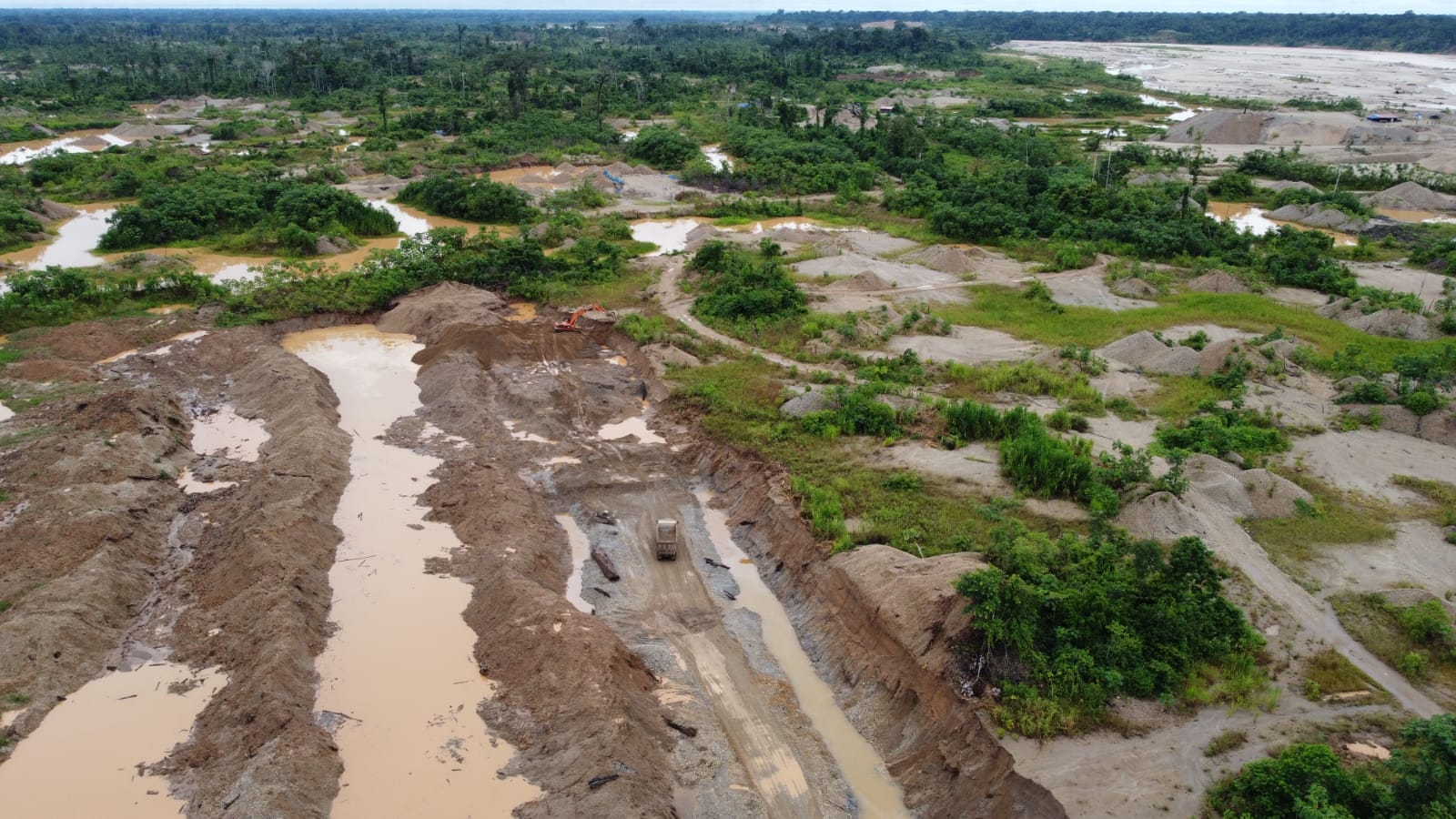Continued Stricter Border Checks In The Netherlands: A Trend Despite Reduced Asylum Seekers

Table of Contents
H2: Reduced Asylum Seeker Numbers, Yet Increased Scrutiny
While the influx of asylum seekers to the Netherlands has lessened in recent years, border authorities are not easing their vigilance. Instead, the focus has shifted towards other aspects of immigration control, resulting in a perception of stricter border checks. This heightened scrutiny aims to address other pressing concerns related to immigration.
- Increased checks on illegal immigration and human trafficking: The Dutch authorities are intensifying efforts to combat illegal immigration networks and human trafficking rings operating across its borders. This involves increased patrols, improved intelligence gathering, and stronger collaboration with international law enforcement agencies.
- Focus on individuals overstaying their visas: A significant portion of the stricter border checks involves targeting individuals who have overstayed their visas or permits. This includes more robust visa application processes and stricter enforcement of existing regulations.
- Enhanced collaboration with neighboring countries on border security: The Netherlands is strengthening its cooperation with its European neighbors, particularly Belgium and Germany, to share intelligence and coordinate border control efforts. This collaborative approach aims to create a more secure and controlled border region.
- Implementation of new technologies for border surveillance: Investing in advanced technologies, such as biometric screening, facial recognition, and improved surveillance systems, plays a crucial role in enhancing border security and detection capabilities. These technological advancements improve efficiency and effectiveness.
- Stricter penalties for those violating immigration laws: The government has implemented stricter penalties for those who violate immigration laws, acting as a deterrent against illegal entry and overstaying visas. This stricter enforcement includes increased fines and potential deportation.
H2: The Role of National Security Concerns
Concerns about terrorism and organized crime significantly influence the Netherlands' approach to border security. The government views stricter border checks as a vital component of its national security strategy.
- Increased screening of travelers from high-risk countries: Travelers arriving from countries identified as posing higher security risks undergo more rigorous screening processes, including enhanced security checks and increased questioning.
- Improved intelligence sharing and cooperation with international agencies: The Netherlands actively collaborates with international intelligence agencies and law enforcement bodies to share information and enhance its capacity to identify and prevent potential security threats.
- Deployment of additional border patrol officers and resources: Increased funding has led to the deployment of more border patrol officers and the allocation of additional resources to enhance border security capabilities. This includes improved training and equipment.
- Investment in advanced security technologies at airports and ports: Significant investments have been made in advanced security technologies at major airports and seaports, including sophisticated scanning equipment and improved passenger screening processes. This aims to detect contraband and potential threats.
- Enhanced background checks for visa applications: The process for visa applications has been strengthened with more comprehensive background checks and stricter vetting procedures to mitigate security risks.
H2: Public Opinion and Political Pressure
Public perception and political discourse significantly shape immigration policies, including the implementation of stricter border checks in the Netherlands.
- Analysis of public opinion polls regarding stricter border control: Public opinion polls consistently reveal a significant segment of the Dutch population supporting stricter border controls, driven by concerns about security and immigration.
- Influence of political parties advocating for tougher immigration stances: Several political parties in the Netherlands advocate for a tougher stance on immigration and stricter border controls, influencing policy decisions and public discourse.
- Media coverage and its impact on public perception of border security: Media coverage plays a significant role in shaping public perception of border security. Sensationalized reporting can fuel public anxiety and influence support for stricter measures.
- Debates on the balance between security and humanitarian concerns: There's an ongoing debate regarding balancing security concerns with humanitarian obligations, leading to discussions on the ethical implications of stricter border controls.
- Potential impacts on public trust in government immigration policies: The effectiveness and perceived fairness of stricter border checks influence public trust in government immigration policies.
H3: Economic Impacts of Stricter Border Checks
The economic consequences of stricter border checks in the Netherlands require careful consideration. While enhancing security, these measures can have unintended economic repercussions.
- Potential impact on labor shortages in specific sectors: Stricter immigration policies may exacerbate labor shortages in sectors reliant on migrant workers, potentially hindering economic growth.
- Effects on tourism and international trade: Increased border controls might negatively impact tourism and international trade by increasing processing times and potentially discouraging travel and commerce.
- Costs associated with increased security measures: The implementation and maintenance of stricter border checks come at a significant financial cost, requiring substantial public investment in infrastructure, technology, and personnel.
- Long-term economic implications of restrictive immigration policies: Restrictive immigration policies can have long-term economic consequences, potentially affecting innovation, productivity, and economic growth.
3. Conclusion:
The continued implementation of stricter border checks in the Netherlands, despite reduced asylum seeker numbers, reflects a complex interplay of national security concerns, political pressures, and public opinion. While bolstering security, these measures necessitate a thorough assessment of potential economic and social ramifications. Understanding the diverse factors contributing to this trend is vital for crafting effective and balanced immigration policies that safeguard national security while mitigating negative consequences. For further in-depth analysis of stricter border checks Netherlands, ongoing research and informed discussions are crucial. Staying informed about the developments surrounding stricter border checks Netherlands is vital for responsible citizenship.

Featured Posts
-
 Improving The Accuracy Of Automated Visual Inspection For Lyophilized Vials
May 11, 2025
Improving The Accuracy Of Automated Visual Inspection For Lyophilized Vials
May 11, 2025 -
 Tam Krwz Ks Adakarh Kw Dyt Kr Rhe Hyn
May 11, 2025
Tam Krwz Ks Adakarh Kw Dyt Kr Rhe Hyn
May 11, 2025 -
 Perus Gold Industry Faces 200 Million Blow From Emergency Mining Ban
May 11, 2025
Perus Gold Industry Faces 200 Million Blow From Emergency Mining Ban
May 11, 2025 -
 Ofilis Third Place Finish In 100 000 Grand Slam Track Debut
May 11, 2025
Ofilis Third Place Finish In 100 000 Grand Slam Track Debut
May 11, 2025 -
 Virginia Giuffre Four Days To Live After Bus Crash Following Prince Andrew Allegations
May 11, 2025
Virginia Giuffre Four Days To Live After Bus Crash Following Prince Andrew Allegations
May 11, 2025
